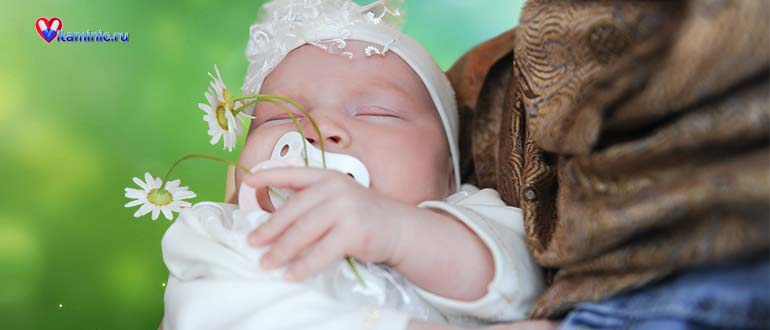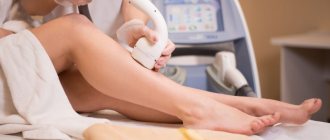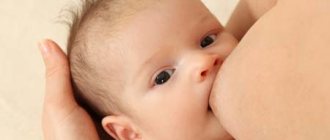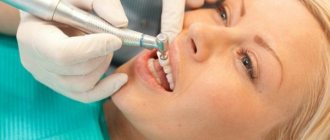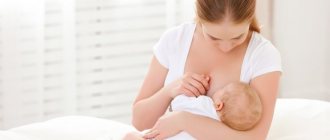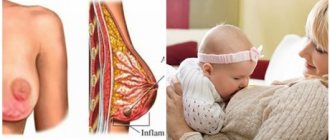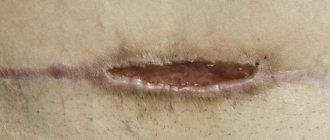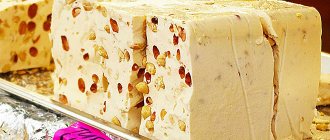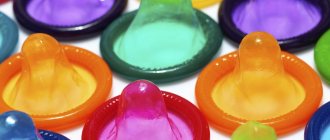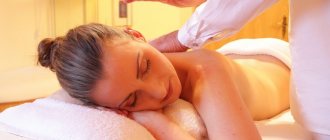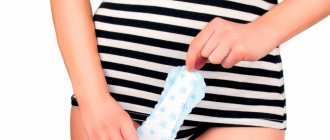Last update: 02/27/2021
Author of the article:
Menshchikova Galina Vladimirovna
Dermatovenerologist, trichologist, candidate of medical sciences, member of the Association “National Society of Trichologists”
Young mothers, while still expecting a baby, are faced with the problem of hair loss and experience quite a lot of anxiety about it. However, the reason for this is quite natural: as the fetus grows, the need for vitamins and minerals increases, and if they are not supplied enough with food, maternal resources are used.
After the birth of a child, the body still continues to work for two people - the lactation period begins, during which the young mother produces milk. Natural food for a child is always balanced in composition and contains all the necessary substances for the full development of the baby. But! improperly chosen nutrition for the mother can lead to an imbalance in the balance of nutrients in the body, which will invariably lead to problems with teeth, skin, joints and, of course, hair.
Often, even the most competent diet is unable to stop hair loss during lactation. Sometimes hair loss can occur in a young mother for completely different reasons.
Postpartum alopecia
Hair loss during breastfeeding is a problem for many young mothers. Dermatologists have long discovered that this is a natural phenomenon.
The reason lies in the fact that hair has its own life cycle, which consists of three phases:
- The first growth phase is Anagen , lasting from 2 to 8 years. Typically 90 percent of the hair on the head is at this stage.
- The second phase is Catagen , that is, a transition period lasting about 2 weeks. At this time, the strands stop growing at the same pace.
- The third phase is Telogen – the time of rest of the hair follicles. During this period, natural hair death and hair loss occurs. Lasts from 2 to 4 months.
During pregnancy, this process looks a little different.
Increased estrogen levels cause hair follicles to not enter the catagen phase. The strands do not fall out and there are more of them.
This is why you may feel like your hair is fuller during pregnancy than ever before.
Two to three months after giving birth, estrogen levels decrease and hair begins to fall out quickly.
This also occurs due to inhibition of the third phase - telogen. In women who are not pregnant, it is during this phase that hair falls out and new ones are born.
In expectant mothers, this process is suppressed, resulting in much less hair loss or no hair loss at all.
However, after childbirth and changes in hormonal levels, “compensation” and intense loss occurs.
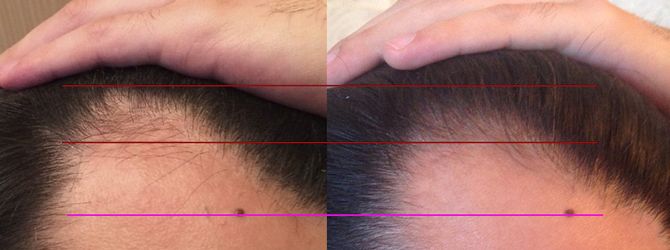
This stage usually takes about 6−9 months. Sometimes loss can last even a year, as high levels of prolactin remain in the body.
Often, hair loss causes concern for mothers who, as a result, decide to interrupt breastfeeding. And it’s completely in vain - as already mentioned, hair growth will be restored as soon as the hormonal levels stabilize.
It is also worth realizing that during this period a woman can normally lose up to 20% of her hair.
If this amount is clearly higher and thoughts of baldness begin to occur to you, then you should think about visiting a trichologist to get tested for the level of thyroid hormones, hemoglobin and ferritin.
In most cases, it is quite enough to start taking appropriate care of your hair and scalp, as well as adjust your diet.
Special complex preparations
If any man or woman can take advantage of a fairly wide range of vitamin complexes aimed at preventing hair loss, then during pregnancy and lactation, a woman should approach the choice of the drug extremely responsibly. And the best option would be to coordinate the choice of a vitamin complex with your doctor.
Pharmaceutical companies have developed special vitamin complexes that mothers can take while breastfeeding. According to doctors, these are the best means to preserve the health and beauty of young mothers.
Vitrum Prenatal
The American corporation UNIPHARM produces a specially developed complex for nursing mothers in two versions: Prenatal and PrenatalForte. These preparations differ from each other in their different mineral content. The usual complex contains 3 of them: calcium, iron and zinc, and the complex marked “plus” contains 10 different minerals. The amount of vitamins in both preparations is the same - 13 items.
The recommended dose of this drug (one capsule per day), according to women's reviews, completely copes with its main task.
AlfaVit "Mom's Health"
The manufacturer of vitamin complexes AlfaVit has developed a drug called “Mom’s Health” specifically for nursing mothers.
These are tablets sold in packs of 60 pieces. Each package contains 20 tablets in three colors. Each of the flowers represents a special set of vitamins and minerals that interact most harmoniously with each other. They should be taken at different time intervals. It is with this intake that the beneficial substances are better absorbed by the body and are more effective against hair loss.
Elevit Pronatal
Developed by Swiss specialists, Elevit Pronatal, according to reviews from domestic doctors, is a completely effective and safe complex vitamin preparation for use by women during lactation. Elevit Pronatal has undergone clinical trials and is approved for use in Russia.
The drug has the maximum concentration of vitamin C, and in addition to it there are 11 more types of vitamins and 7 different microelements.
It is recommended to take ElevitPronatal 1 capsule once a day. Manufacturers claim that, if necessary, you can start taking these vitamins even when planning to conceive a child, as well as during pregnancy and during lactation.
Femibion
The drug "Femibion" is a development of the international pharmaceutical company Dr. Reddy's, which is getting good reviews from women who have taken it.
The packaging of this vitamin complex contains capsules and tablets. The tablets consist of 10 different vitamins, iodine and metafolin. Soft capsules contain vitamin E and polyunsaturated fatty acids. A distinctive feature of this drug is the presence in its composition of Omega-3 acid and docosahexaenoic acid, which are found naturally in a very limited range of food products.
Complivit
A complex of vitamins for nursing mothers called Complivit “Mama” contains all the necessary components for proper nutrition of the baby, as well as maintaining the health of the mother. It contains the entire set of vitamins against hair loss.
You can learn more about vitamin complexes and their importance for the human body from the video. The desire to have beautiful thick hair is natural for a woman
But in pursuit of external effects, one should not forget that vitamin complexes are medications, so you cannot take them just like that, just in case. This can lead to hypervitaminosis - an excess of one or another vitamin, and cause harm to both the baby and the nursing mother. Therefore, under no circumstances should you prescribe anti-hair loss vitamins to yourself without consulting your doctor.
The desire to have beautiful thick hair is natural for a woman. But in pursuit of external effects, one should not forget that vitamin complexes are medications, so you cannot take them just like that, just in case. This can lead to hypervitaminosis - an excess of one or another vitamin, and cause harm to both the baby and the nursing mother. Therefore, under no circumstances should you prescribe anti-hair loss vitamins to yourself without consulting your doctor.
Breastfeeding and diet
After childbirth, hair can be weakened not only due to the action of hormones - it can also be affected by a lack of vitamins. In this regard, you should take care of a diet rich in micro- and macroelements.
Attention should be paid to foods rich in copper, zinc and iron, such as fish, seafood and eggs. You also need B vitamins, which are found in rye bread, pasta and rice.
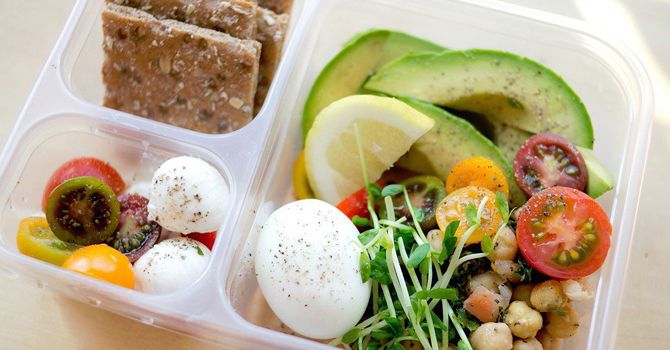
A nursing diet should be varied
In addition, vitamins are responsible for the functioning of the sebaceous glands, preventing excessive oily hair.
The diet of a breastfeeding woman should also be rich in vitamin C, which is necessary for the synthesis of collagen, which gives the skin elasticity.
The diet should be varied and contain:
- Proteins - after all, hair is built from protein - keratin. The plate should have eggs, chicken, fish, white cheese, red beans. Thanks to the protein contained in these products, hair grows and becomes smooth and shiny.
- Fruits such as mango, papaya, plums contain a lot of vitamin A, which affects hair growth.
- Foods containing B vitamins, zinc, copper and iron. Vitamin B affects the production of hemoglobin in the blood. It, in turn, is a carrier of oxygen, thereby helping to improve blood circulation in the body, including the scalp. Therefore, you need to eat a lot of dark green vegetables (for example, spinach), fish, eggs, oatmeal, whole grain bread and pasta, and cereals.
- Citrus fruits contain vitamin C, which affects collagen production.
- Cereal products, tofu, sunflower and soybean oils. Products of this type contain vitamin E, which, like vitamin B, improves blood circulation in the scalp, stimulating hair growth.
Rules of care
Traditional cosmetics, such as regular shampoo or conditioner, must be replaced with special preparations designed for weakened or losing hair.
The shampoo should be rubbed into the strands and scalp for about 3 minutes so that the components contained in it have time to work.

After washing the strands, apply a strengthening balm-rinse. If you have problems with combing, then you should lubricate the strands with an additional smoothing lotion.
Expert opinion
Ignatieva Elena Leonidovna
Lactation consultant
The last stage of care is a nourishing mask. It must be applied to the hair, wrap the head in a towel and leave for about 15 minutes. Then rinse thoroughly. This procedure should be repeated no more than 1-2 times a week.
Is it possible to dye hair during breastfeeding?
Many expectant mothers are afraid that they will not be able to afford to dye their hair while breastfeeding. This fear is greatly exaggerated, but it is not without foundation.
On the one hand, hair coloring does not in any way affect the quality of milk or the health of the baby. On the other hand, due to hormonal changes, it may turn out that the paint does not apply as easily as before pregnancy, or the resulting color differs from that indicated on the package.
If such prospects do not frighten you, then you can safely dye your hair.
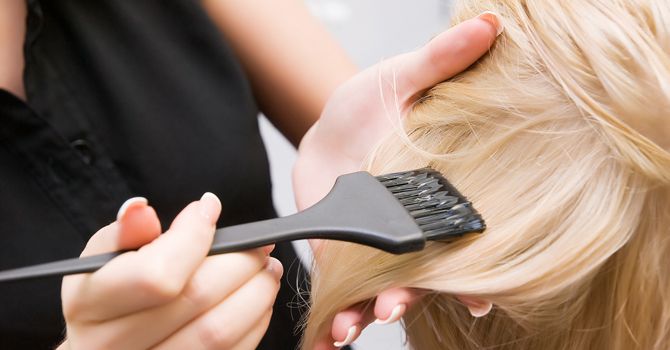
In what form should I use it?
It is extremely difficult to regulate the balance of vitamins on your own. An excellent solution would be to use pharmaceuticals:
- They do not require time or effort to prepare.
- The necessary substances have already been calculated and packaged in the required quantities.
- Easy to store.
- Cheaper than natural products.
- Lowest risk of causing allergies in a child.
On the shelves of pharmacies there are many different packages of vitamin complexes and dietary supplements. For nursing mothers, vitamins O.
IMPORTANT! Pay special attention to the composition of the complex. Before purchasing, be sure to consult with a specialist
How to stop hair loss
There are several key principles that will help fight hair loss:
- Balanced diet - eat more vegetables, fruits, dairy products, fish, avoid sugar and high-fat foods.
- Physical activity – move as much as possible. Walk, play sports, be in the fresh air as often as possible.
- Proper care - severely weakened hair requires providing it with nutrients. If a woman is breastfeeding, then instead of pharmacy cosmetics it is better to use homemade masks and rinses.
- Do not use aggressive styling products such as hair dryers and hair straighteners.
- Visit a hairdresser - a haircut will have a positive effect on your general condition.
- Do a scalp massage - massage the scalp with your fingertips from the forehead to the back of the head, this improves blood circulation and helps stop hair loss.
Selection of cosmetics
It's worth investing in a good shampoo and conditioner if you experience hair loss while breastfeeding.
In stores you can also find ampoules that strengthen hair and nourish hair follicles.
Usually the product needs to be rubbed into the skin for several months, and this usually brings good results.
There are many natural remedies you can use at home for hair loss while breastfeeding.
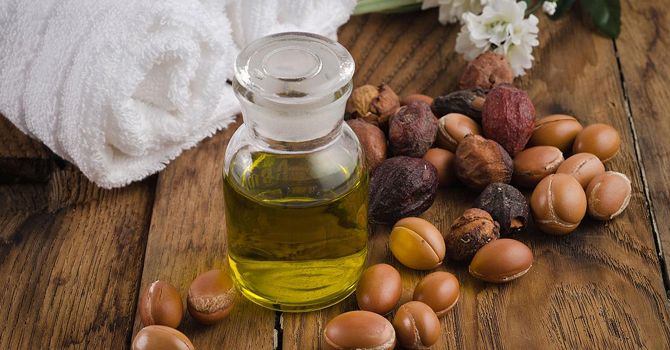
Argan oil
These are homemade masks or oils that need to be rubbed into the skin.
For example, there are the following recipes:
- An egg mask is perhaps the most famous remedy for preventing hair loss. To prepare, take one whole egg, add honey and a teaspoon of olive oil to it. Mix everything together well, rub it into your hair, apply a plastic cap, and tie your head with a towel for 20 minutes.
- Argan oil - can be used as a hair mask once a week or daily in a small amount to rub into the ends of the strands. For the mask, apply oil to slightly damp hair, which then needs to be wrapped in a towel and left for 30 minutes.
- Potato juice – just rub into the scalp and leave for 15 minutes.
- Coconut Oil – This can be used as a mask once a week or use a small amount daily. For the mask, apply oil to the scalp and strands, tie a towel and leave for 15-20 minutes, and then rinse with warm water.
New mothers can also nourish their strands with cold-pressed oil. Well suited for this purpose, for example, is wheat germ oil, which has a conditioning effect on the skin and hair, or white currant seed oil, which intensely nourishes and has an anti-inflammatory effect.
The need for vitamins during lactation
Taking multivitamins for women in labor and nursing mothers has a beneficial effect on health
It is especially important to take vitamin supplements during blood loss during childbirth. Under the influence of components:
- the immune system improves;
- exhaustion of the body during lactation is excluded;
- nails and tooth enamel remain in good condition;
- metabolic processes in mother and child improve;
- the nervous system is stabilized;
- eliminates the risk of anemia;
- insomnia disappears;
- the functioning of all internal organs improves.
It is important for a nursing mother to provide adequate nutrition. Together with a balanced diet, a woman will receive all the compounds
If there is a deficiency of compounds, the doctor prescribes synthetic medications designed for nursing mothers.
Multivitamins are especially necessary if the diet of a nursing mother is poor in healthy foods.
Medicines are also prescribed for the development of allergies in an infant. In this case, the nursing mother has to exclude some foods from the menu.
And if twins are born in a family, there are twice as many worries and happiness at the same time. In this situation, the female body is not always able to provide adequate breastfeeding.
It is necessary to take capsules when it is winter or spring outside. It is necessary to use the product if a nursing woman’s teeth begin to decay, hair falls out, and her skin condition worsens.
